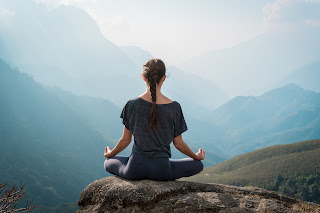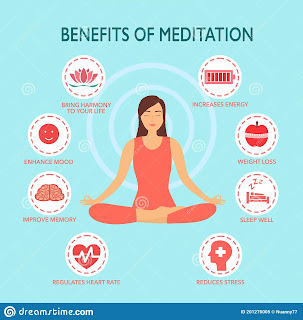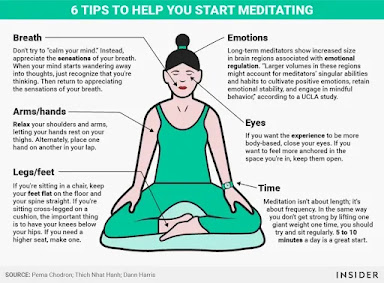Exploring the Roots of Meditation: Ancient History's Relationship with the Practice

Meditation, in its various forms, has been a part of human history for thousands of years. Although the practice has evolved over time, its core principles have remained the same. Meditation has been used for a variety of purposes, including religious and spiritual practices, stress reduction, and self-reflection. In this blog, we will explore the roots of meditation in ancient history and how it has influenced modern-day practices. The Origins of Meditation The earliest records of meditation date back to ancient India, where it was practiced as part of the Hindu tradition. The earliest written records of meditation can be found in the Vedas, which are ancient Hindu scriptures dating back to 1500 BCE. These texts describe various meditation practices, including focused breathing, visualization, and mantra repetition. Buddhism, which emerged in India in the 5th century BCE, also significantly emphasized meditation. The Buddha himself was said to have achieved enlightenment t...





